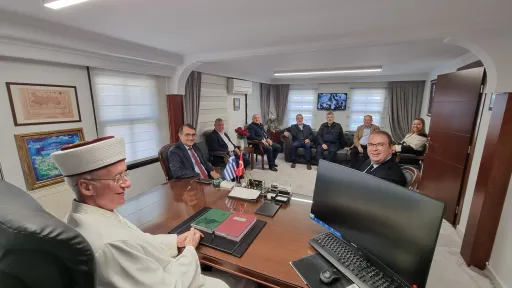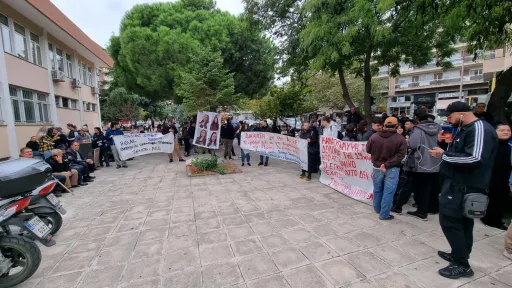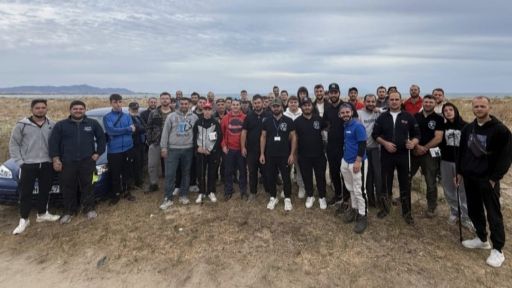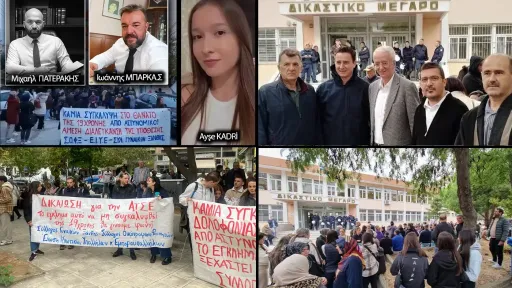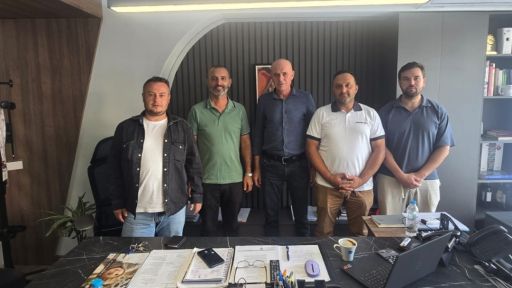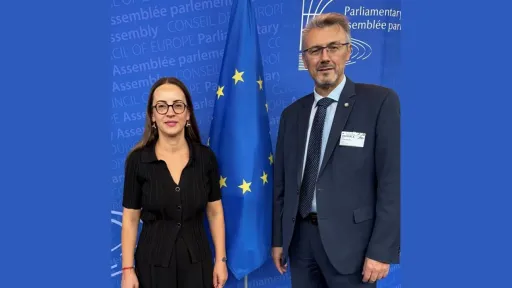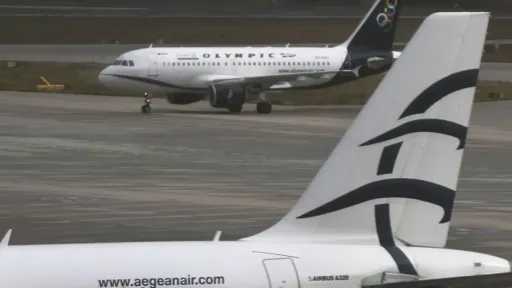Natal Customs of the Pomak Turks

In Pomak/Torbesh/Gora communities, as the case in Anatolian Turks, a newborn baby is washed with salty water. In Anatolian and Central Asian Turkish communities, boys are preferred to girls. Because the idea of pursuing the bloodline and controlling the family is more dominant. With the occasion of birth, rich families cut of sheep or goat, give feasts, distribute gifts and gratuities. These celebrations that reflect the joy of the newborn are called “babına” by Torbesh people in Macedonia, “simidal” by Pomak people that migrated to Izmir, Turkey from Plovdiv, Bulgaria. We see similar customs in Kazakh and Anatolian Turks.
In Pomak/Torbesh/Gorali communities, on the 40th day of baby’s birth, dinner is given, and religious ceremony is done. After the 40th day, they put a lucky charm on the baby in order to protect him/her. The eldest woman in the house puts the baby in his/her cradle. In the Kazakh community, after the baby is 40 days old, all neighbors and villagers are gathered together by the baby’s grandparents or parents and they give a cradle ceremony.16 Here, we should mention that the number “forty” has a very special and important place in Turkish folk culture and belief.
In Pomak/Torbesh/Gorali communities, it is understood that, starting from pre-Islamic times to the present day, there has been a belief of protection from bad souls or ghosts-arised from old Turkish folk belief “kara iye”- known as “al karısı”, “incubus” and “al basma” which pesters newly delivered women in their postnatal periods. For this purpose, puerperant women tie their waists with a belt. During this forty-day postnatal period, puerperant women are not left alone and taken care of by someone else. Similar customs can be seen in Turkey and Central Asia. In this sense, the saying “Puerperant’s grave is open for forty days” shows the similarity and importance of the subject in Anatolian Turkishness.
In Pomak/Torbesh/Gorali communities, a child’s first teeth extraction and also first words are important sources of pleasure. As well as “tooth toy” is done, gifts are given with the joy of the first words. In Kazakh communities, this situation is also an important reason for joy and it's celebrated via grater rituals. When a child starts to speak his/her first words, a verbal ceremony is done so that he/she can speak quickly. Sheep are sacrificed; the child has to be feed with sheep tongue. Kazakhs feed the child with sheep tongue so that he/she can speak fluently. Gorali people feed their stammering children with sheep tongue so that they can speak fluently.
In Pomak/Torbesh/Gora communities, as the hair and nail cuts of the baby are hidden, nail cuts are buried regardless of the child’s age. By the Kazakh Turks where similar practices are seen, baby’s hair and nails are buried. Burial of nail cuts is also seen in Anatolia.
In Pomak/Torbesh/Gorali communities, they shave the baby’s hair but leave a bang on his/her head. If the baby is a girl, beads are attached to her bang. Kazakhs used to cut the boys’ hair and leave a tuft of hair right in the middle of his head to protect him from an evil spirit. Particularly bang release is not only just seen in Gorali and Kazakhs but also in some nomadic communities in Central Anatolia.
In Pomak/Torbesh/Gorali communities, in Anatolian and Central Asian Turkish communities, the eldest man in the house is privileged to name the child. In this custom, each family has to know the names of the seven core ancestors. This is true also in Kazakh and other Central Asian communities. A striking point is that Gorali people, who know the names of their ancestors from seven generations backwards, give their children Turkish names such as “Arslan, Demir, Turan”. The existence of these names associates the thought of their survival from the pre-Islamic period to the present.
Source: Günşen, A (2013), “Pomaks as a Balkan Community And Evidence Of Turkishness in Their Perceptions Of Identity”. Balkan Araştırma Enstitüsü Dergisi, V. 2, N. 1, pp. 35-54.
